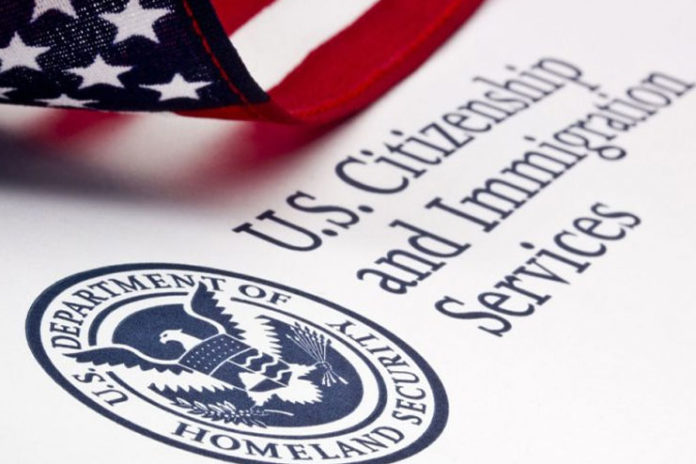Kazi Mannan came to the United States, like any other immigrant, for making money. Making enough to support his father and nine siblings in Pakistan meant only doing the jobs many Americans shun and also working in the hours many Americans won’t.
The day after arriving in Washington, D.C., in 1996, Mannan began working in the graveyard shift – 6 p.m. until 8 a.m. – as a gas station cashier, seven nights a week for $2.50 an hour.
Indian Americans Honored With ‘Great Immigrants’ Award
Mannan’s experience is being repeated among the 5.5 million foreign-born workers in the United States who work in the evenings, overnights and weekends, accounting for a quarter of the immigrants in the labor force.
Immigrants are 15.7 percent more likely to work these “off” hours than American-born workers, according to a study. They are 25.2 percent more likely to cover weekend shifts – compared with native-born workers with similar demographic characteristics, such as education level, location and whether they are married or have children.
The report by New American Economy, a national business coalition founded by former New York mayor Michael Bloomberg, has used Bureau of Labor Statistics and census data to analyze the working hours of immigrants compared with their U.S.-born counterparts.
Immigrants are considerably more likely to work unusual hours across a variety of occupations at both the low and high-skilled ends of the labor spectrum, the report found.
Take a manufacturer that operates a factory 24 hours a day, seven days a week, said Jeremy Robbins, executive director of New American Economy.“You need workers working overnight,” Robbins said. “If you can’t get people to work overnight, those day jobs aren’t going to exist, either.”
The report comes at a politically charged time of “Hire American” rhetoric. Plenty of American-born workers also work unusual hours. But they tend to gravitate toward sectors that require English fluency and high levels of customer interaction, such as restaurant wait staff, retail sales and bartending.
Immigrants on night or weekend shifts are more likely to work as janitors and maids or as construction and agricultural laborers.Among higher-skilled workers, immigrants play a large role in filling odd-hour jobs in health care, education and library services.That is true among women. Women are 24.2 percent more likely than similar American-born women to work such hours.
Indian American Invents Dryer that Does not Require Heat to Dry Clothes
Immigrant health-care practitioners, such as physicians, pharmacists and nurse practitioners, are 20.6 percent more likely to work nights and weekends, while immigrant health-care support workers, such as nursing assistants, home health aides and orderlies, are 16.8 percent more likely to take such shifts.
“They completely relied on me. All day and night, whatever they needed, I was there,” Mannan said. “I was desperate to make enough money. I came from extreme poverty. I wanted to change my situation, and there was no other way to change it but by working.”
“I am now part of this American society as an immigrant contributing to this country,” Mannan said. “The majority of immigrants have the same goals – to work hard and bring prosperity to their families. Keep immigration if you want to keep America great.”
By Premji













































